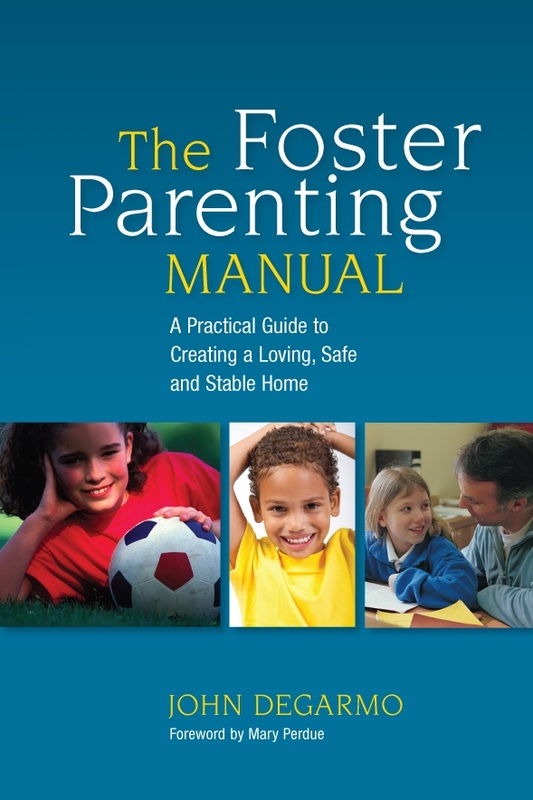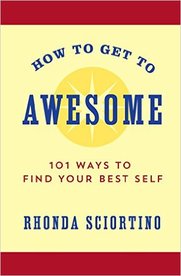
I love to find out as much about a topic I am involved in or interested in, and I am not afraid to ask questions about the topic until my knowledge is satisfied, and I feel better informed.
When I first met my wife, we were sitting together ready to perform for the late Rosa Parks at an event. She was the dancer, and I was the singer. We were traveling with the international super group Up With People, and it was one of our earliest performances. Her Australian accent really caught my attention, and her warm smile and personality had me hooked. I asked her question after question after question, just trying to get to know her more. After all, the more questions I asked, the more I discovered about her. Little did the both of us know that years later we would become married and care for over 50 children in our home and in our family as foster parents. Those questions sure did lay some of that groundwork!
That’s how it often is as a foster parent. You have questions as you await the arrival of a new child into your home. This can be a time of excitement, as well as anxiety. The phone call from a caseworker asking if you would like a foster child placed in your home can leave you in a state of apprehension. It is often a time of questions, from you and your family, as well as from the foster child. For the child coming into your home, it is especially an intimidating period. Remember, this new foster child is being moved, against his/her wishes, to a strange home and to an unknown family.
Perhaps the most important thing you can do to prepare for the arrival of a foster child is to educate yourself with as much background information and history as you can about the child. Ask those questions! Do not be concerned if you have a large number of questions for your caseworker when you are first approached about of a placement of a child in your house. While the caseworker may not have all the answers, you will find valuable information by asking. Some questions from my book The Foster Parenting Manual you might wish to consider include:
-How old is the child?
-Why is the child in care?
-How long might the child stay with you?
-Will the child need day care supervision?
-Does the child have any learning disabilities or special needs of any kind?
-Does the child have any anger management or extreme emotional issues that you need to be aware of?
-Is this the first time the child has been in foster care?
-Is the child’s medical shots up to date? Are there any medical concerns?
-Is the child from the same town? Does the child need to be enrolled in your local school system?
-Does the child have clothes? Will you need to buy diapers and baby wipes?
Once you have some of those answers, you can begin to better prepare for the arrival of the newest child to your family. Yet, there are other things you can do to help create that warm, loving, safe environment that the child needs to have when coming to your home.
Join the thousands who receive Dr. DeGarmo’s FREE foster care newsletter. Simply fill out the form below.
Although it is impossible to predict how he will react when he first meets you, it is important that you approach this time with caution and care. That first moment is so very important. When the caseworker pulls into your driveway, go out to the car and welcome the caseworker and child, introducing yourself immediately, with a warm smile and soft voice. Inform your foster child who you are and the role you will now play in his life. He may very well not understand the foster care system, or what foster parents do.
Do not insist that your new child call you mom or dad. Allow your foster child to call you by your first names, if you feel comfortable with this, or by whatever name he feels comfortable in calling you. As the child may be scared, do not insist that he react to you right away. This is a time of extreme difficulty, and your foster child may be in a state of shock.
As you help him inside with his possessions, take him by the hand, if he is a little one, or place a soft hand upon his shoulder, if he is a teenager. Actions like these can be reassuring that all will be okay, that he is in a safe and caring home.
Do not insist upon hugging, as he may be too embarrassed or hurt to do so.
Show him where he will sleep, and where his clothes will be kept. Have a nightlight already on in the room, if the room is dark. Ask if he is hungry, and offer him some food. If he doesn’t want any food, do not insist upon it. He will eat when he is ready and hungry.
To be sure, I was a little nervous when I first met my soon to be wife for the first time, as I was really attracted to her. I was also a little nervous the first time a child from foster care arrived in my home. Now, can you imagine how nervous, scared, anxious, and terrified that child is when he comes to your home? Most likely, he is feeling all of this and more. The better prepared you are for him, the more welcome he will feel.
-Dr. John
For more, purchase Dr. DeGarmo’s training book The Foster Parenting Manual: A Practical Guide to Creating a Loving, Safe, and Stable Home. Get your signed copy HERE.





 RSS Feed
RSS Feed